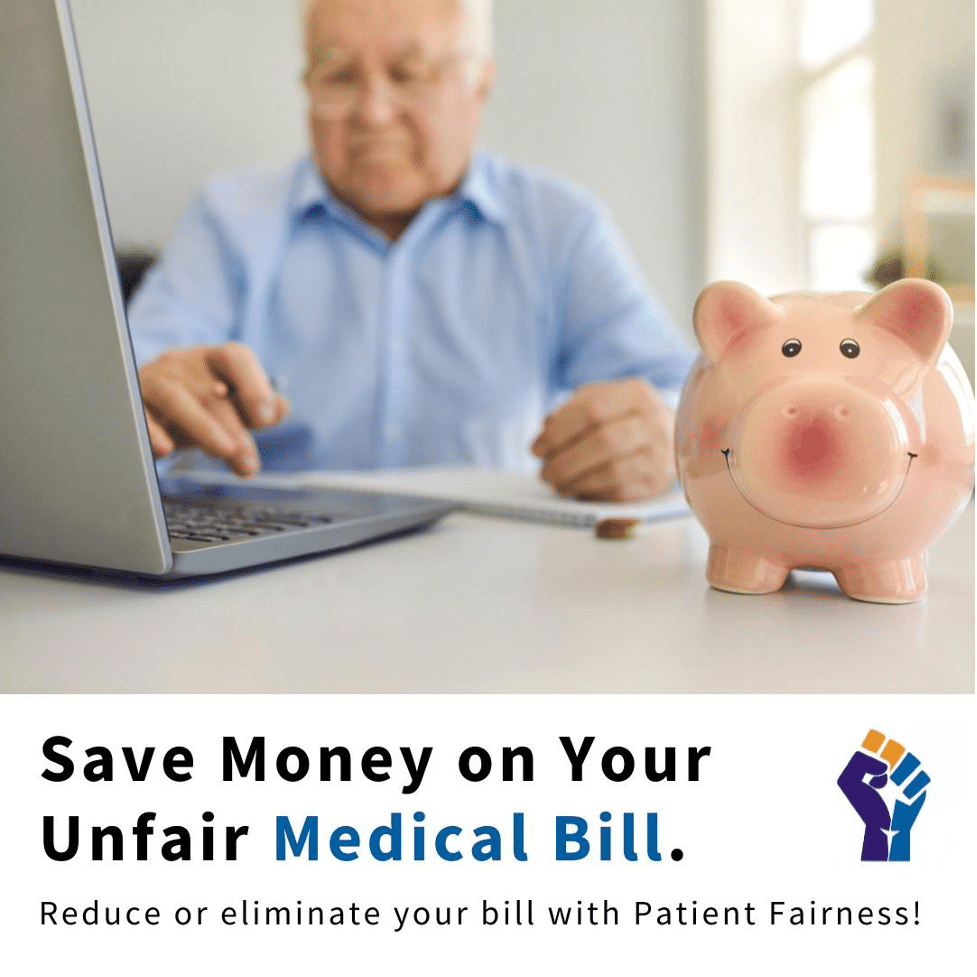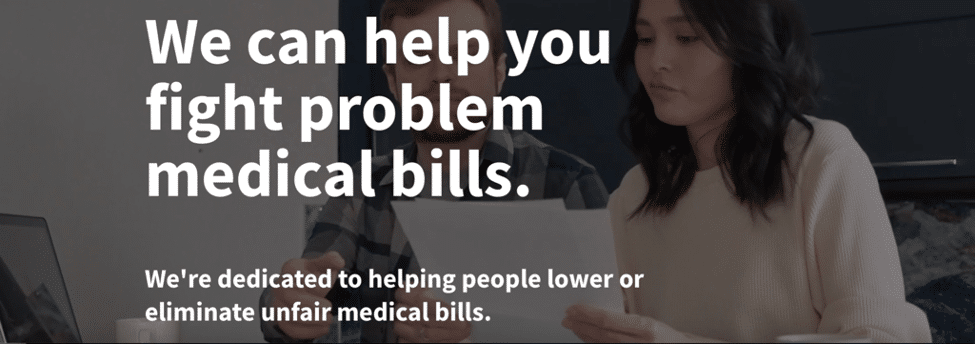Patient Fairness is changing the narrative around medical billing in America by using cutting-edge technology and innovative strategies to empower patients. This one-of-a-kind platform is dedicated to helping individuals reduce or eliminate unfair medical bills, a growing issue that affects millions annually. By blending decades of expertise with the accessibility of digital tools and the outreach potential of Meta’s social platforms, Patient Fairness is leveling the playing field in the battle against excessive medical costs.
Founded by Matthew Ungs, a veteran with over 30 years of experience managing provider networks and working with hospitals and physicians, Patient Fairness was created to address the stark inequities in the healthcare system. “I started Patient Fairness to give power to patients when they otherwise might be vulnerable to the high prices and inequity fostered by providers and health plans,” Ungs explains. Drawing from his extensive career in health plans, Ungs has developed a system that uses formal dispute processes to challenge problem medical bills on objective grounds.
Common reasons for disputes include unexpected charges, excessive prices, and surprise bills from out-of-network providers. As Ungs points out, many patients are billed without prior knowledge or consent, while others find themselves saddled with separate charges they never anticipated. These practices often leave patients overwhelmed, but Patient Fairness offers a solution. Customers can upload their bills, answer a few questions, and receive a custom dispute letter to send to their healthcare provider. This formal process emphasizes patients’ rights, making it clear that they are serious about seeking fairness.
Unlike other services that negotiate with providers for reduced bills, Patient Fairness focuses on empowering the patient to dispute the bill directly. “Simply asking a provider to negotiate a lower price is not likely to achieve the best outcome for a patient,” says Ungs. “We help the patient dispute the bill, and then provide guidance, tools, and insights for the patient to decide what outcome is fair for the dispute, and how to achieve that outcome.” This approach shifts the dynamic, enabling patients to negotiate from a position of strength.

Patient Fairness employs a range of advanced technologies to make the process efficient and user-friendly. Artificial intelligence (AI) plays a key role, extracting relevant information from medical bills, insurance claims, and supporting documents. This not only saves customers time but also reduces errors, ensuring the accuracy of the dispute process. The platform’s web-based design allows customers to manage disputes independently, keeping costs low and services accessible. However, as Ungs emphasizes, the strategies behind Patient Fairness are rooted in real-world experience. “Despite the use of technology, the strategies and insights behind Patient Fairness’s programs are based on my real experience working with hospitals, physicians, and health plans for three decades.”
Patient Fairness’ pricing model also reflects its commitment to accessibility and fairness. The company charges flat fees starting at $49 for bills under $500, with no hidden costs or percentage-based charges. Customers only pay an initial $49 to open a case, with the balance due 60 days later. Additionally, the platform offers a satisfaction guarantee: if a customer is unhappy within the first 60 days, they can close the case without incurring further charges. This transparent pricing stands in stark contrast to other services that often demand a percentage of savings or hourly fees, making Patient Fairness a more affordable option for the average consumer.
The platform has already gained traction nationwide, with most sign-ups coming from states like California, Texas, Florida, and New York due to their large populations. However, its services are available in all 50 states, addressing a broad spectrum of medical billing disputes. With an estimated 70 million problem medical bills issued annually, the potential for impact is immense.
To further its mission, Patient Fairness is leveraging the power of Meta’s social platforms, including Facebook and Instagram. Social media has become a cornerstone of the company’s outreach strategy, helping it connect with patients and organizations that share its goal of promoting fairness in medical billing. “Meta makes it possible for persons with those shared interests to find each other and learn about their experiences and perspectives on those common subjects,” Ungs notes. Through engaging posts and targeted campaigns, Patient Fairness is not only raising awareness about its services but also fostering a community of informed and empowered consumers.

Looking ahead to 2025, the company’s primary focus is spreading awareness about its services. “Making sure as many people as possible know about Patient Fairness and the services we offer will drive our near and medium-term growth,” Ungs explains. By expanding its reach and continuing to refine its technology, Patient Fairness aims to provide even more patients with the tools they need to challenge unfair bills effectively.
Patient Fairness is not just a platform; it’s a movement to restore equity in a healthcare system that has often prioritized profits over patients. By combining Ungs’ decades of industry expertise with innovative technology and the connectivity of Meta’s platforms, Patient Fairness is helping patients stand up for their rights. In a world where surprise bills and excessive charges are all too common, Patient Fairness is a beacon of hope, proving that fairness is not just a request—it’s a demand.
